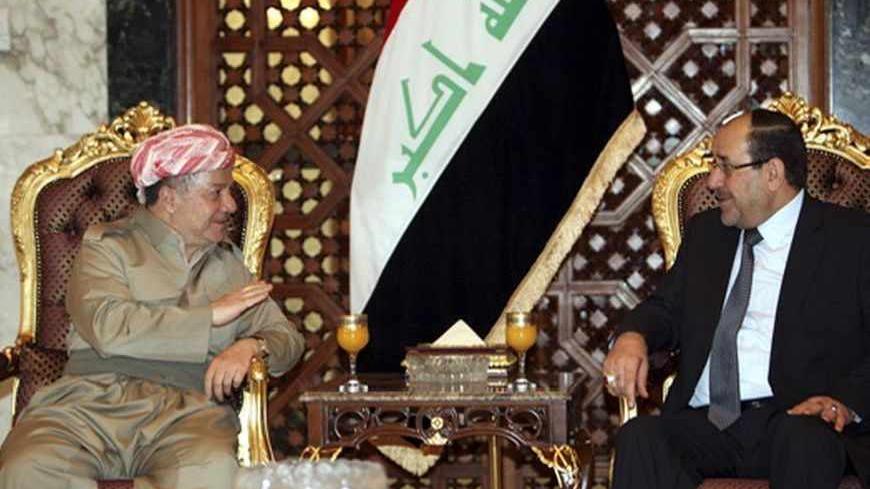Reconciliation, Decision-Making In Iraq
As the security situation continues to deteriorate, Iraqi political groups must reconcile and work together to ensure all players have a say in the decision-making process.

Despite 10 years of experience in rule, the political process in Iraq has not resulted in an agreement between political partners. While the parties participating in the government insist on having a hand in the process of making and taking decisions, Iraqi Prime Minister Nouri al-Maliki insists on accusing his partners of trying to obstruct his decisions. Accusations of monopolizing power and responses to these accusations — after the failure of the politically fragile Erbil Agreement — led to ongoing political and security disturbances. This prevented the government from making significant gains in terms of the provision of services and improving the security situation and other state functions.
It seems that granting authority with regard to decision-making to the winner of the elections and putting the other parties in the position of the opposition is not suitable for the current period Iraq is in. The country’s worrisome situation — given the absence of a stable state and effective, professional institutions — has imposed a consensual system, rather than a system characterized by a dual role comprising the government and the opposition. Everyone must be involved in the process of taking fateful decisions for the country, especially with regard to addressing the security breakdown.






